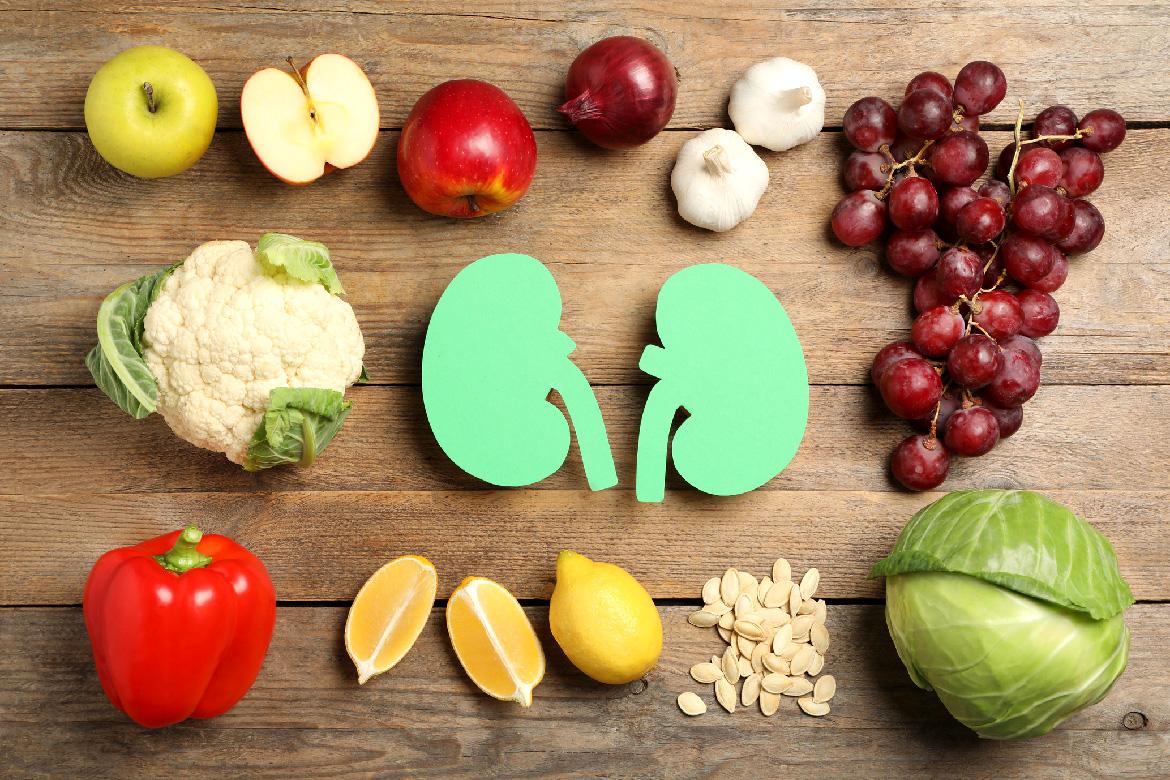Our nephrologists
Our kidney specialists at Gleneagles Hospital will assess your kidney condition and recommend treatments tailored to your needs. Should you require dialysis, we will recommend suitable procedures that preserve your quality of life.
^Specialists may qualify to be on the Extended Panel (EP). You may enjoy selected panel benefits depending on your policy and riders.






